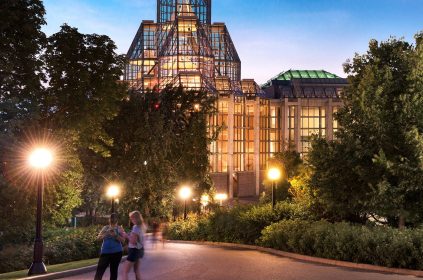HALIFAX — The First Nations chief behind a small but controversial fishing fleet trapping Nova Scotia lobster outside the regulated season is raising concerns about Ottawa’s latest bid to quell violent protests by non-Indigenous agitators.
Chief Mike Sack of the Sipekne’katik First Nation issued a brief statement today casting doubt on Ottawa’s decision Friday to appoint a “special representative” to mediate talks between Indigenous and non-Indigenous fishers in southwestern Nova Scotia.
Sack says he and others he’s talked to are worried that Allister Surette, a university president and former politician from the area, lacks experience with Indigenous issues and may not have the capacity to be an neutral, third-party troubleshooter.
The chief says he expressed his concerns to federal Crown-Indigenous Relations Minister Carolyn Bennett on Saturday.
He says Bennett confirmed that the talks led by Surette will have no impact on the nation-to-nation negotiations between the band and the federal government regarding the First Nation’s proposal to continue with a self-regulated lobster enterprise.
regulations.
Most of the Mi’kmaq First Nations in Nova Scotia have argued they have a constitutionally protected right to earn a moderate livelihood from fishing where and when they want because the Supreme Court of Canada affirmed that treaty right in a 1999 ruling that cited peace treaties signed by the Crown in the 1760s.
However, many non-Indigenous people involved in the province’s $1-billion lobster industry have argued the court’s decision also affirmed Ottawa’s right to regulate the industry to ensure conservation of the lobster stocks. And they have raised concerns that a growing “moderate livelihood” fishery could deplete the resource.
This report by The Canadian Press was first published Oct. 25, 2020
The Canadian Press












